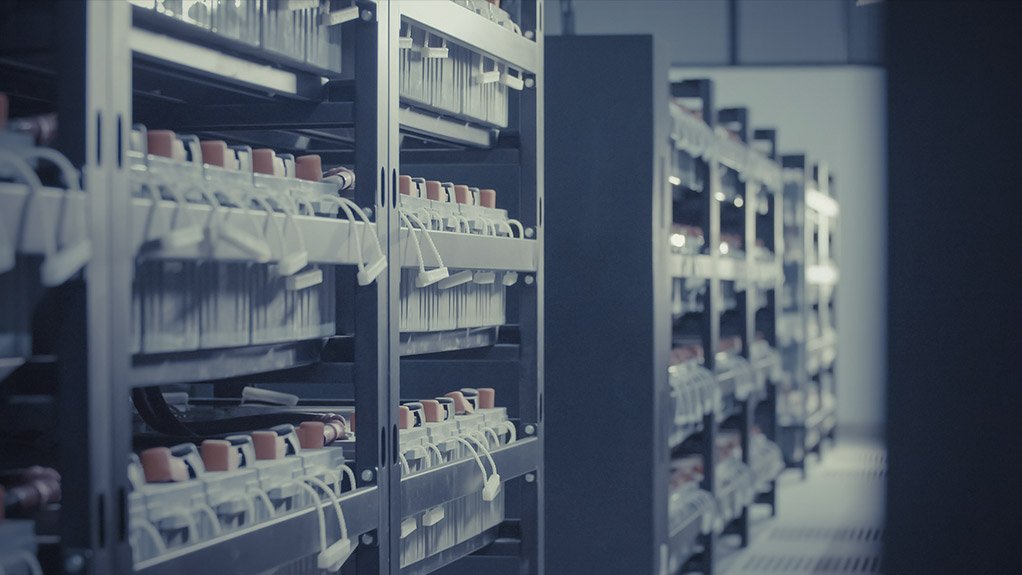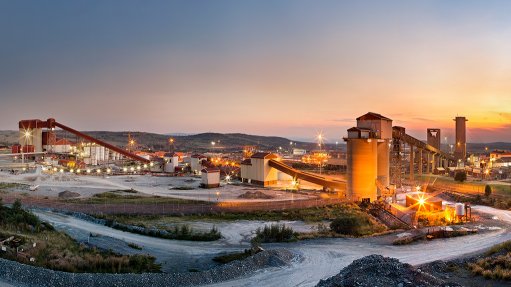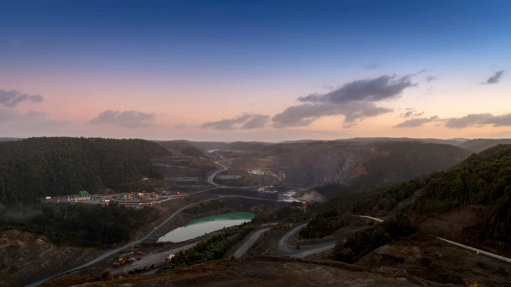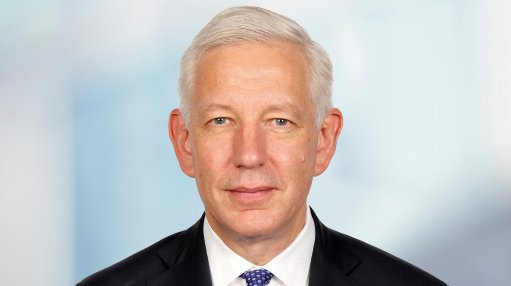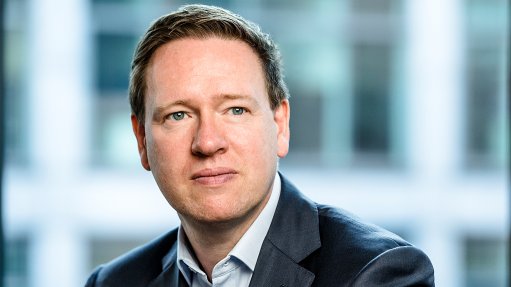Africa needs fast and affordable locally-hosted content
Sustainable growth of internet use on the continent is highly dependent upon fast and affordable locally-hosted content.
Frikkie Eloff, Regional Manager of First Technology Group’s Limpopo and Mpumalanga operations, says that it is, therefore, encouraging that this will be a significant focus of the next phase of the Presidential Infrastructure Development Agency’s (PIDA’s) Priority Action Plan (PAP) 2.
“It will build on those successes achieved by the African Internet Exchange Project, or ‘AXIS’, which has increased the number of internet-exchange points (IXPs) in African countries from 18 to 35. They are expected to reduce latency and save costs by eliminating international transit through overseas carriers,” Eloff says.
PIDA is an African Union Commission (AUC) initiative that is also being driven by the New Partnership for African Development’s Planning and Coordinating Agency; the African Development Bank; and the United Nations Economic Commission for Africa. It aims to accelerate infrastructure development across the continent with an intense focus on, among other sectors, Information and Communication Technologies (ICT).
This is considering the dire need to accelerate connectivity on the continent which, in 2000, had less international internet bandwidth than Luxembourg, a country that is only the size of Rhode Island.
A significant challenge has been connecting vast rural populations on the continent.
This is evidenced in South Africa where there is a major disparity between internet access from home in metropolitan municipalities and at home for rural users.
In general, only 1,7% of rural households and less than 1% of those located in North West and Limpopo have access to the internet at home. This is compared to the 17,3% of households in metropolitan areas that are able to access the Web at home.
While mobile devices and the prevalence of 3G and 4G is steadily altering internet access in rural areas, it is estimated that achieving universal access to broadband connectivity in Africa by 2030 will require about a US$100-billion investment. This cost includes the establishment of nearly 250 000 new 4G base stations and at least 250 000km of new fibre
across sub-Saharan Africa, where about a third of the population remains out of reach of mobile broadband signal.
The first PAP extended through to 2020 and comprised more than 50 programmes that were further subdivided into more than 400 initiatives to enable countries to meet forecast demand for infrastructure services and boost their competitiveness. This was achieved by increasing efficiencies, accelerating growth, facilitating integration in the world economy; improving living standards; and promoting intra-African trade.
The capital cost of PIDA’s implementation through 2040 is estimated at more than US$360-billion. Meanwhile, the overall expenditure of delivering the PAP from 2012 through to 2020 is expected to be nearly US$68-billion, or about US$7,5-billion annually.
Energy and transport projects and programmes represent about 95% of the total investment, while ICT- and water-related initiatives comprise the balance of this investment.
Eloff lauds the PIDA for the stellar role that it is playing in promoting the localisation of intra-African internet traffic by facilitating the establishment of domestic IXPs, as well as regional IXPs and Internet Carriers.
“Importantly, it has also played a role in developing regional cross-border interconnection policy frameworks,” he says.
“However, there is still a lot of work that needs to be done to ensure the sustainable growth of internet use on the continent, considering that Africa currently only hosts less than a percent of the world’s data centers. This is despite as much as 17% of the world’s population residing in Africa.”
Notably, Africa needs Tier III and Tier IV data center infrastructure that has been designed to host mission-critical servers and computer systems. They also need to be equipped with fully redundant subsystems, including cooling, power, network links and storage, as well as compartmentalised security zones with biometric access control.
The geographic footprint of the first phase of AXIS includes Algeria, Angola, Western Sahara, Burundi, Benin, Burkina Faso, Botswana, the Central African Republic, Republic of Chad, Cameroon, Comoros, the Republic of Cape Verde, Djibouti, Democratic Republic of the Congo, Egypt, Equatorial Guinea, Eritrea, Ethiopia, Gabon, Republic of the Gambia, Guinea-Bissau, Ghana, Guinea, Cote d’Ivoire, Kenya, Lesotho, Libya, Liberia, Madagascar,
Mauritius, Mauritania, Mali, Malawi, Mozambique, Namibia, Niger, Nigeria, Congo, Reunion, Rwanda, South Africa, Senegal, Seychelles, Saint Helena, Sierra Leone, Democratic Republic of Somali, South Sudan, Sao Tome and Principe, Sudan, Swaziland, Togo, Tunisia, Uganda, United Republic of Tanzania, Zambia and Zimbabwe.
In Namibia, IXPs have reduced latency from 300ms to only two milliseconds and saved US$1,8-million in a year.
Meanwhile, the project has also supported the development of regional-interconnection policy frameworks and cross-border interconnection regulations in the East African Community.
In further important development, licenses were awarded to eight IXPs to grow into regional operations. They are based in Kenya and Rwanda in East Africa; South Africa and Zimbabwe in southern Africa; Congo Brazaville and Gabon in Central Africa; Egypt in North Africa; and Nigeria in West Africa.
This IXP infrastructure will be upgraded to provide the capacity that is needed to carry regional traffic, while the technical acumen of staff will also be raised to equip them with the skills they need to operate large-scale operations.
Under a grant awarded to the Kenya IXP, the AXIS project also supported the establishment of the first Global GRX on the continent. By joining forces and pooling their roaming traffic, operators using the facility will benefit from lower rates and be able to make more attractive offers on mobile roaming data.
First Technology Group is a leading developer of sophisticated information communications technology products, as well as cutting-edge cyber-security solutions that collect, aggregate, monitor and normalise data from IoT devices to pro-actively mitigate the risk of cyber-attacks.
Comments
Press Office
Announcements
What's On
Subscribe to improve your user experience...
Option 1 (equivalent of R125 a month):
Receive a weekly copy of Creamer Media's Engineering News & Mining Weekly magazine
(print copy for those in South Africa and e-magazine for those outside of South Africa)
Receive daily email newsletters
Access to full search results
Access archive of magazine back copies
Access to Projects in Progress
Access to ONE Research Report of your choice in PDF format
Option 2 (equivalent of R375 a month):
All benefits from Option 1
PLUS
Access to Creamer Media's Research Channel Africa for ALL Research Reports, in PDF format, on various industrial and mining sectors
including Electricity; Water; Energy Transition; Hydrogen; Roads, Rail and Ports; Coal; Gold; Platinum; Battery Metals; etc.
Already a subscriber?
Forgotten your password?
Receive weekly copy of Creamer Media's Engineering News & Mining Weekly magazine (print copy for those in South Africa and e-magazine for those outside of South Africa)
➕
Recieve daily email newsletters
➕
Access to full search results
➕
Access archive of magazine back copies
➕
Access to Projects in Progress
➕
Access to ONE Research Report of your choice in PDF format
RESEARCH CHANNEL AFRICA
R4500 (equivalent of R375 a month)
SUBSCRIBEAll benefits from Option 1
➕
Access to Creamer Media's Research Channel Africa for ALL Research Reports on various industrial and mining sectors, in PDF format, including on:
Electricity
➕
Water
➕
Energy Transition
➕
Hydrogen
➕
Roads, Rail and Ports
➕
Coal
➕
Gold
➕
Platinum
➕
Battery Metals
➕
etc.
Receive all benefits from Option 1 or Option 2 delivered to numerous people at your company
➕
Multiple User names and Passwords for simultaneous log-ins
➕
Intranet integration access to all in your organisation



